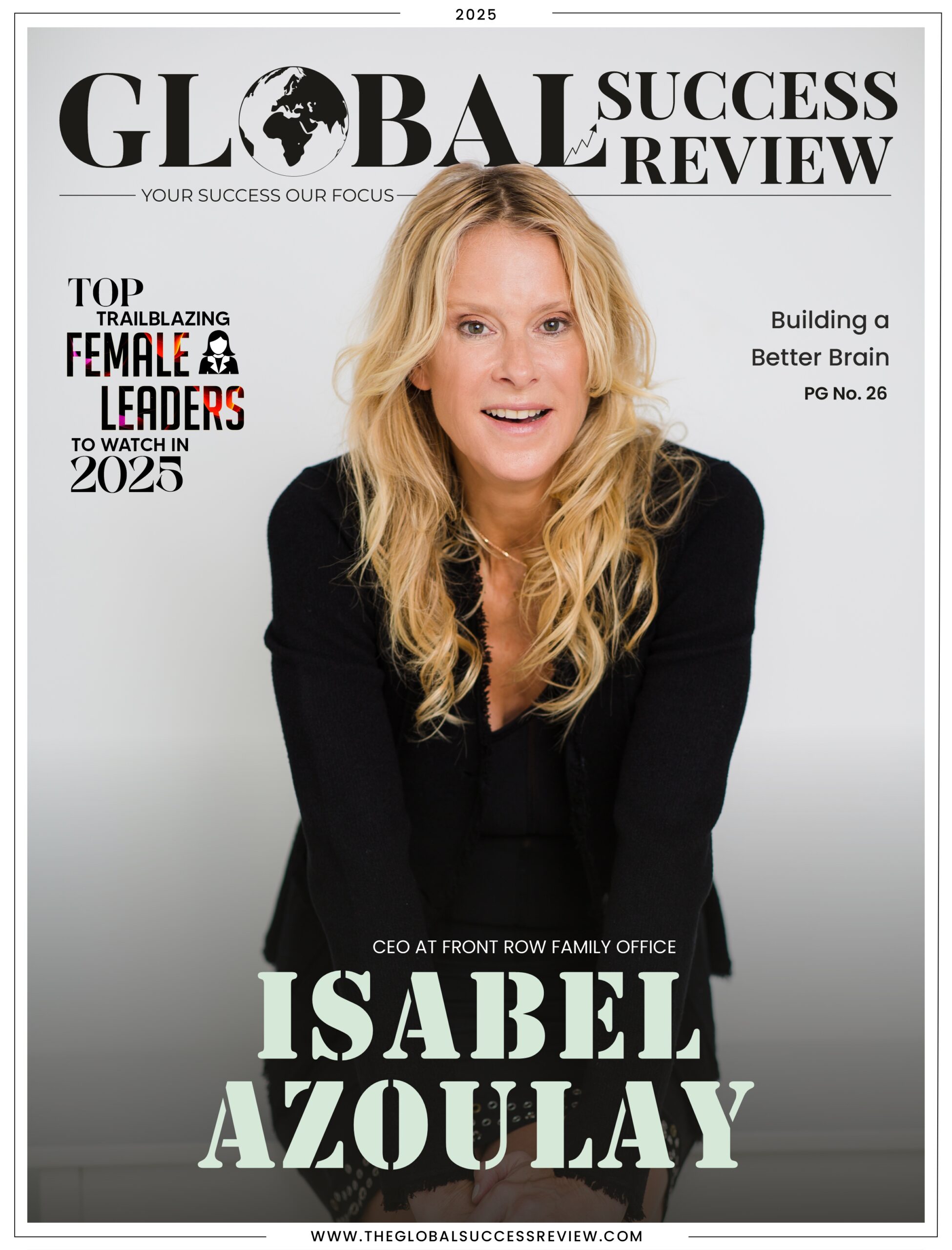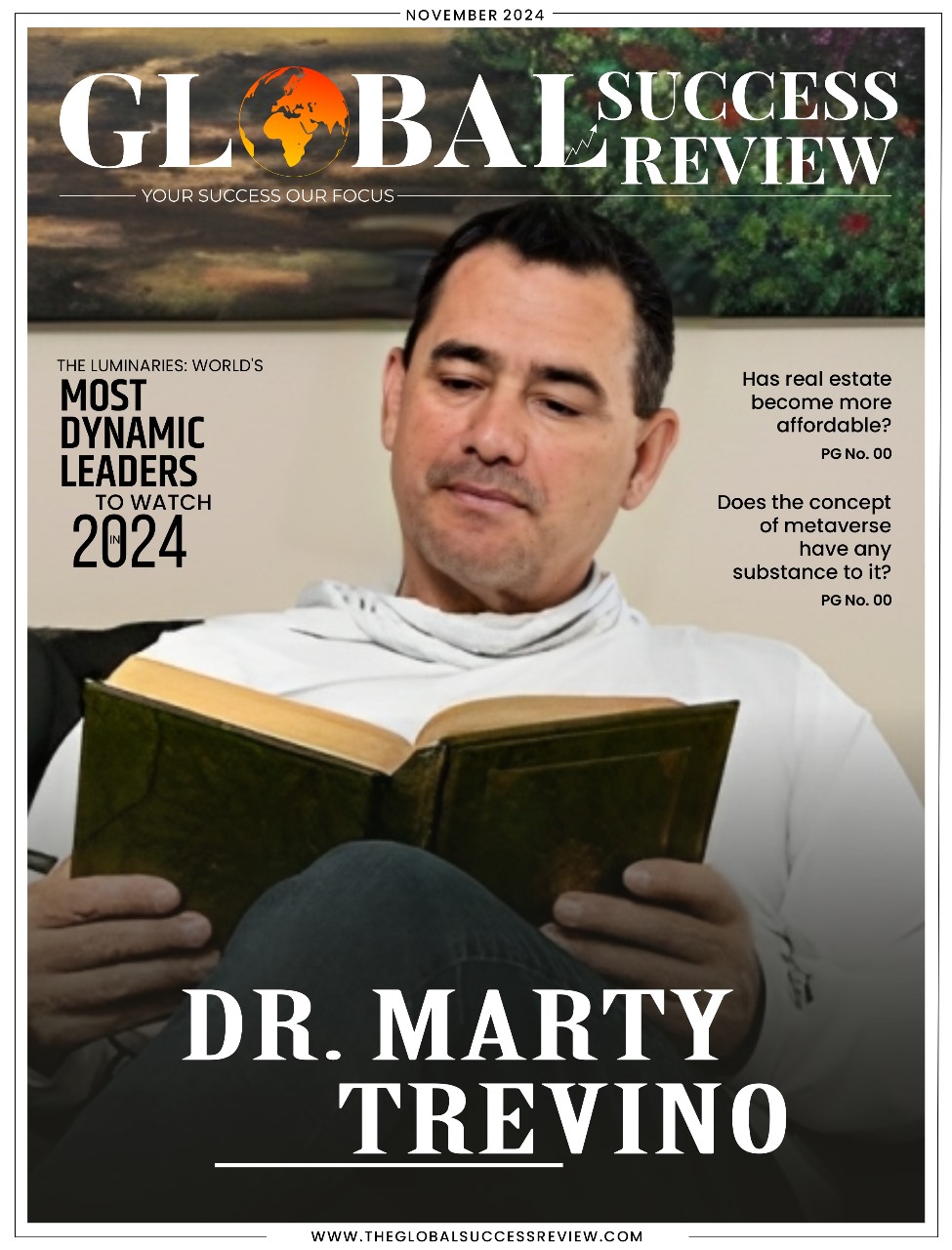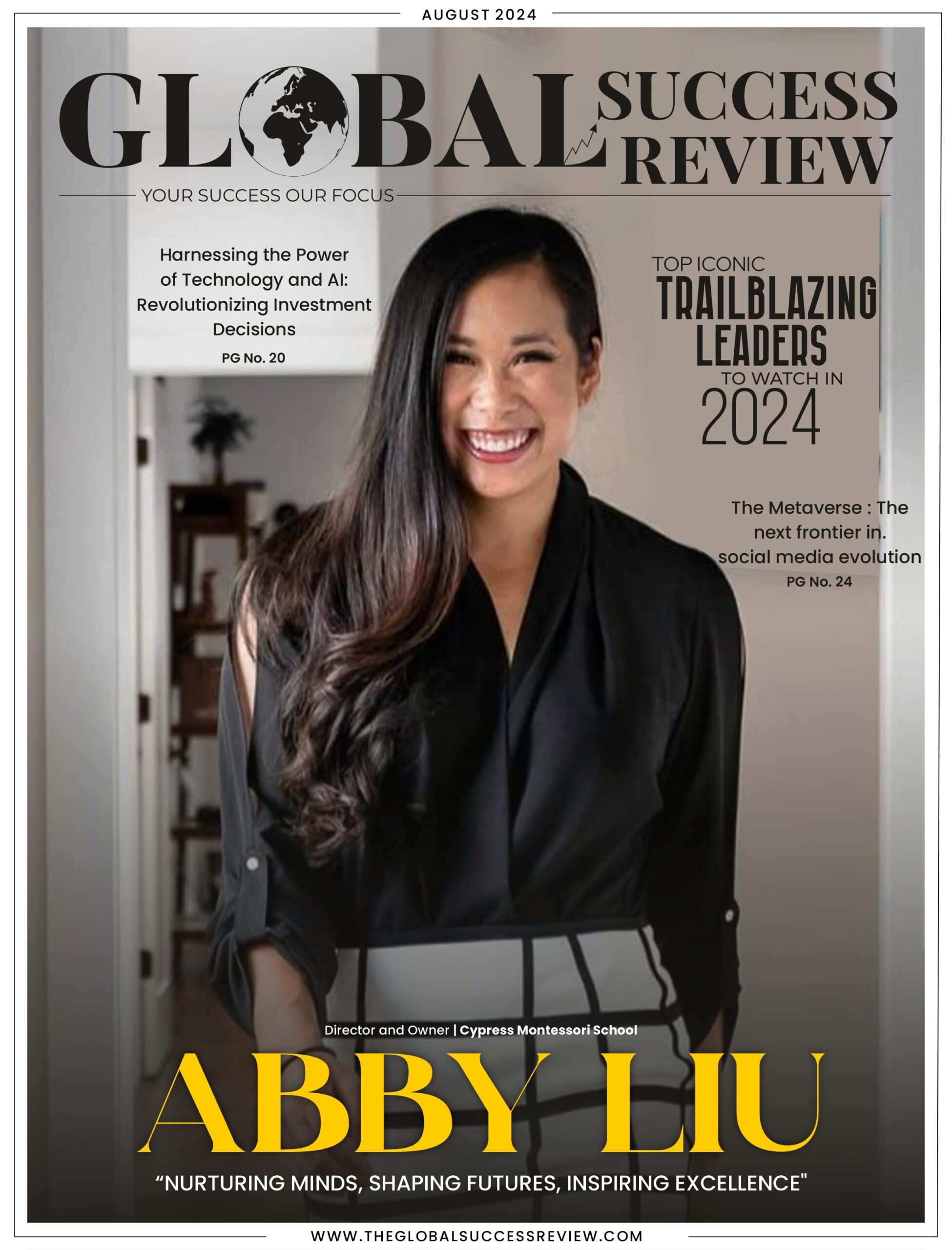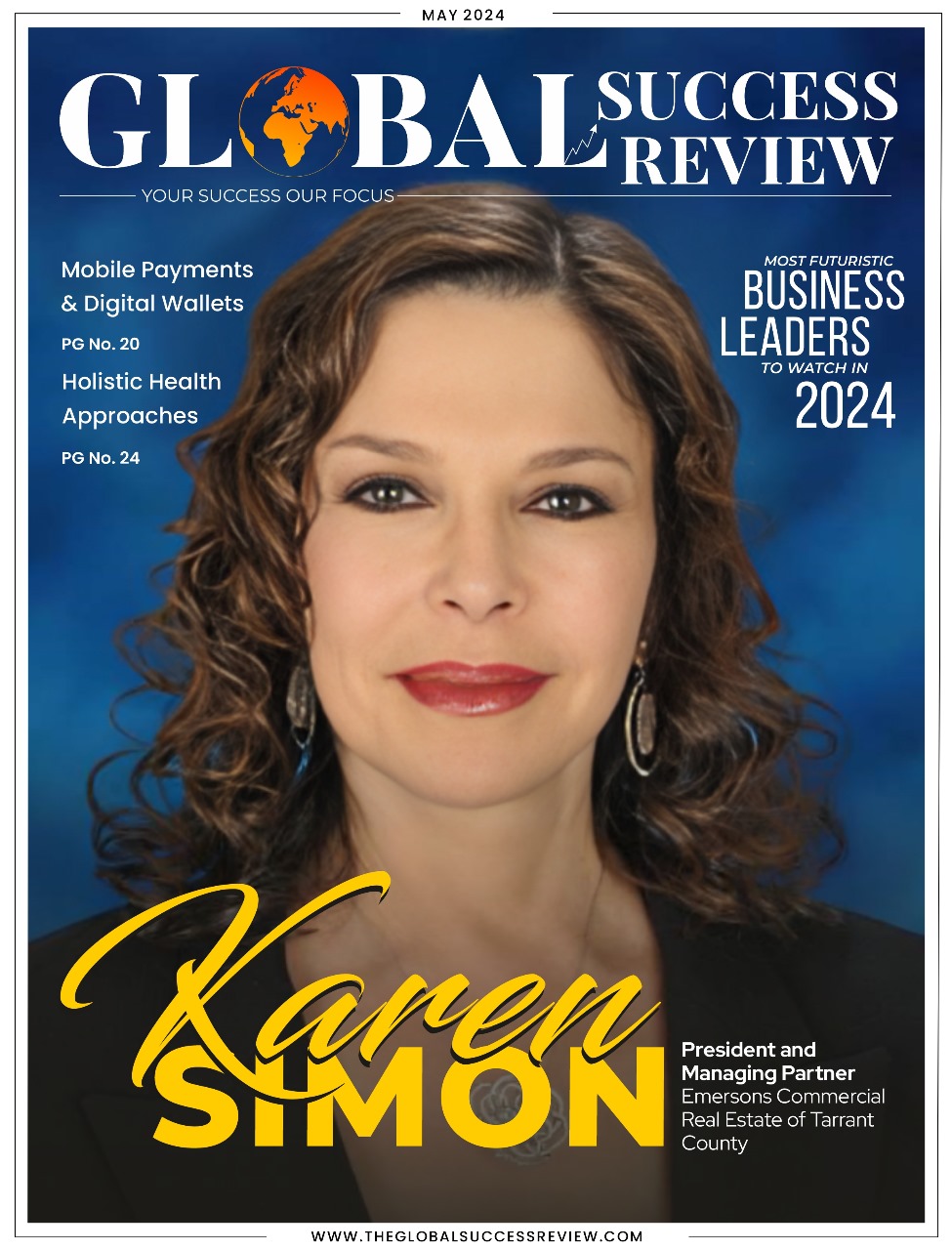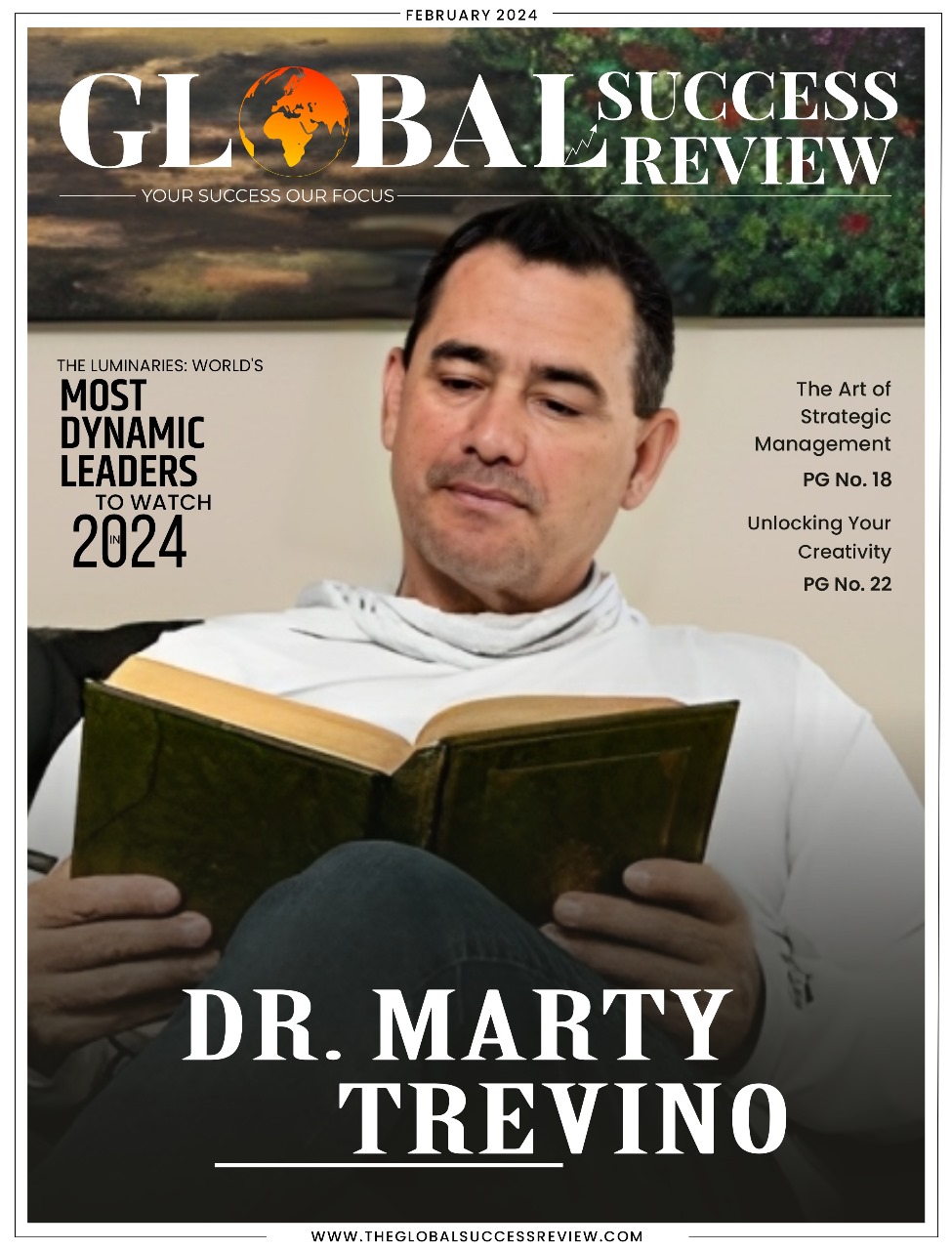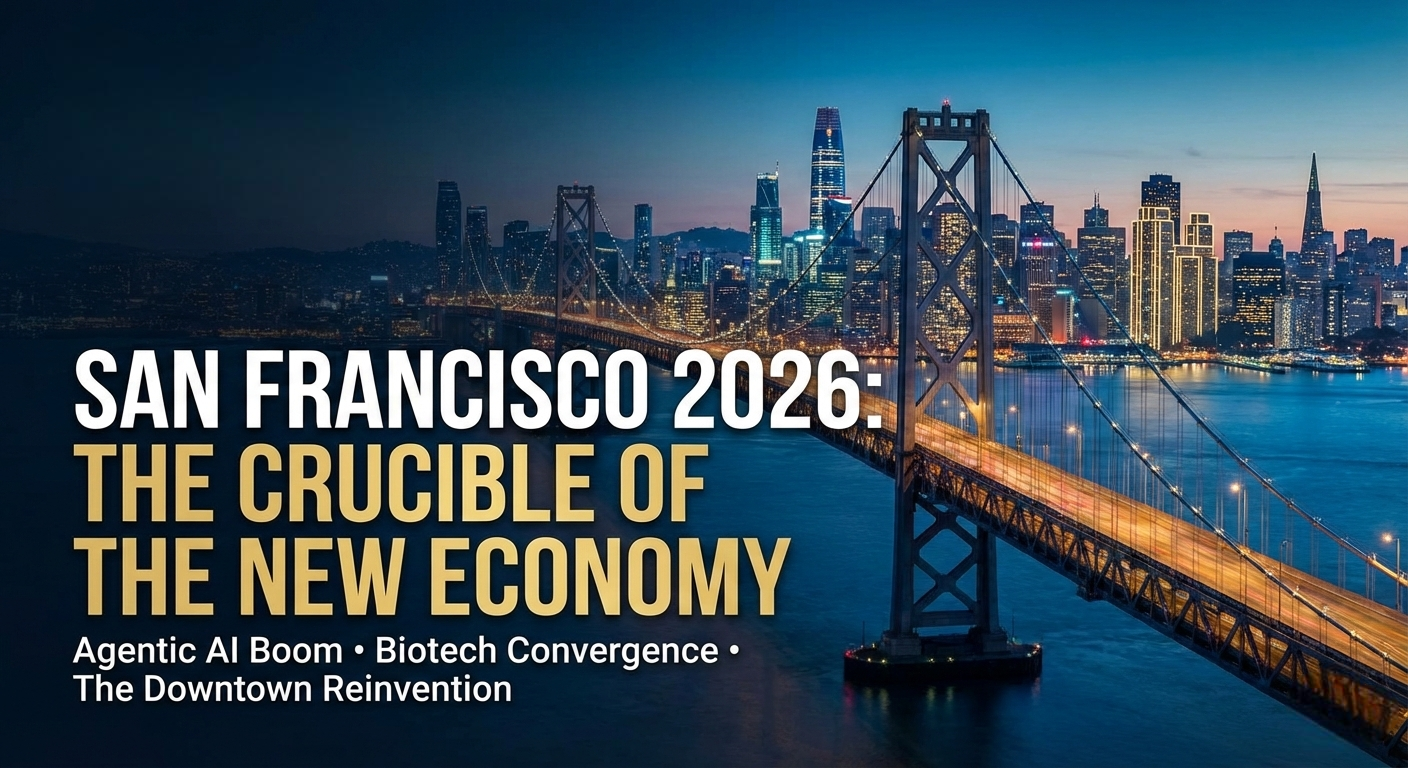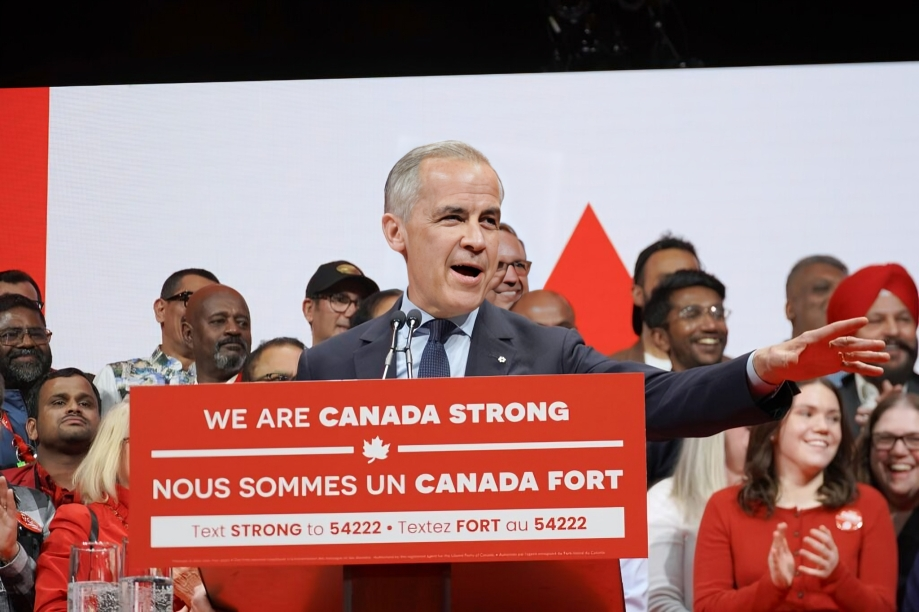In a surprising twist less than a month after his historic election win, Canadian Prime Minister Mark Carney is facing internal scrutiny from within his own party. On Sunday, May 25, Liberal Members of Parliament are scheduled to meet, just one day ahead of the opening of Canada’s new parliamentary session, to vote on adopting key provisions of the Reform Act, which could potentially empower caucus members to trigger a leadership review at any time.
Though Prime Minister Carney secured a significant victory at the polls on April 29 by positioning himself as the leader capable of revitalizing Canada’s economy, some members of the Liberal caucus are now pushing to formalize mechanisms that could remove him as party leader if deemed necessary.
Sources close to the matter emphasize that the move is not a reflection of dissatisfaction with Carney’s leadership. Instead, it is being framed as a structural update aimed at reinforcing parliamentary accountability and granting MPs a greater voice in party governance.
The Reform Act, passed in 2014, includes a set of rules designed to democratize power within political parties, enabling caucuses to decide whether to hold votes on leadership or expel members. While the act gives each party the choice to adopt or decline these provisions at the beginning of each new Parliament, the timing of this vote—so soon after a general election, has raised eyebrows across the political spectrum.
Carney, a former governor of the Bank of Canada and Bank of England, entered politics with a reputation for financial acumen and steady leadership. His campaign focused heavily on economic recovery, green investment, and restoring public trust in federal institutions.
Despite the current buzz, many insiders believe the Liberal caucus will ultimately endorse Carney’s leadership. Still, the mere consideration of such provisions signals underlying tensions and the ever-evolving nature of party dynamics in Canadian federal politics.
As Canada embarks on a new chapter under Carney’s leadership, this development underscores the complex balance between party unity and democratic governance, a theme that will likely shape the nation’s political discourse in the months ahead.
Stay tuned to Global Success Review Magazine for more in-depth coverage on global leadership, governance, and political impact.


